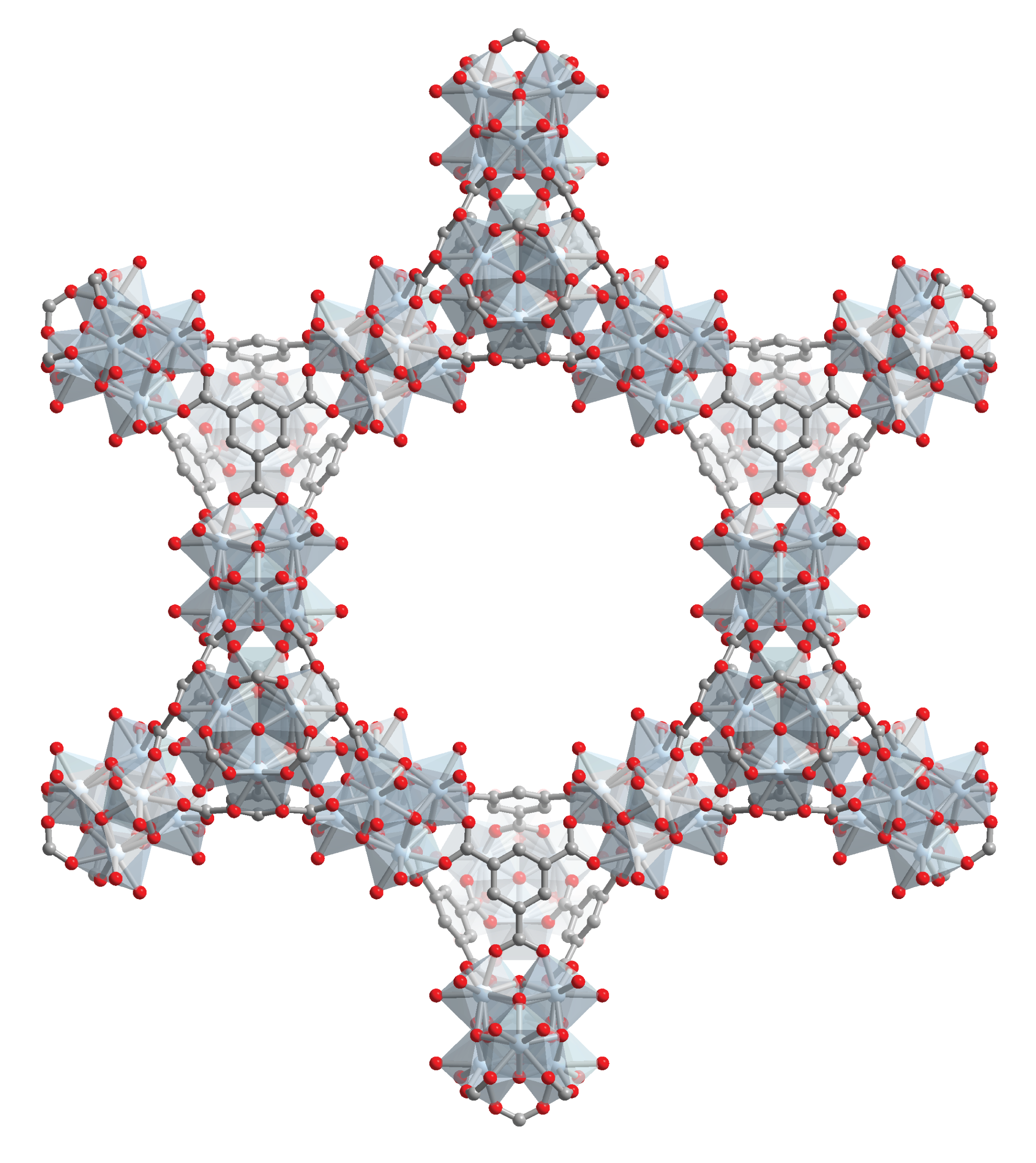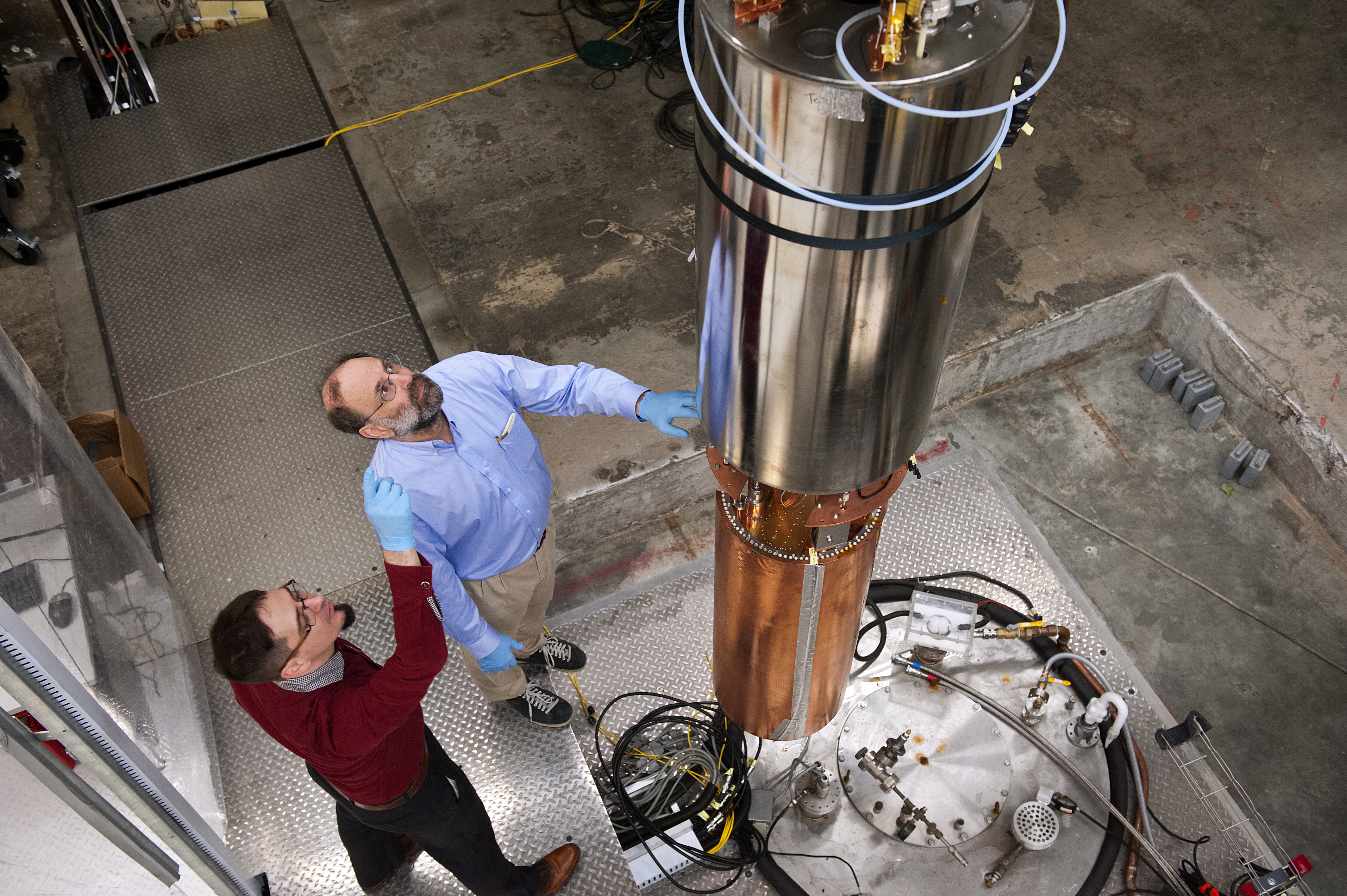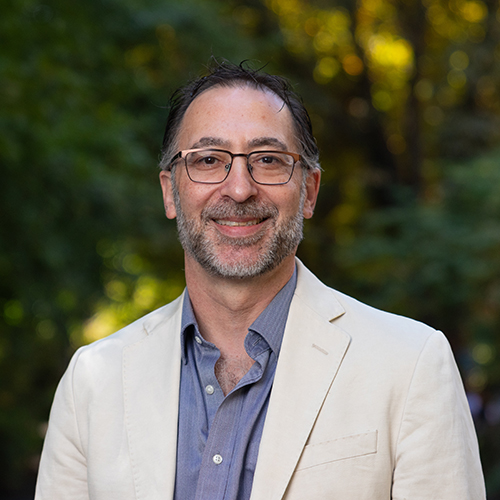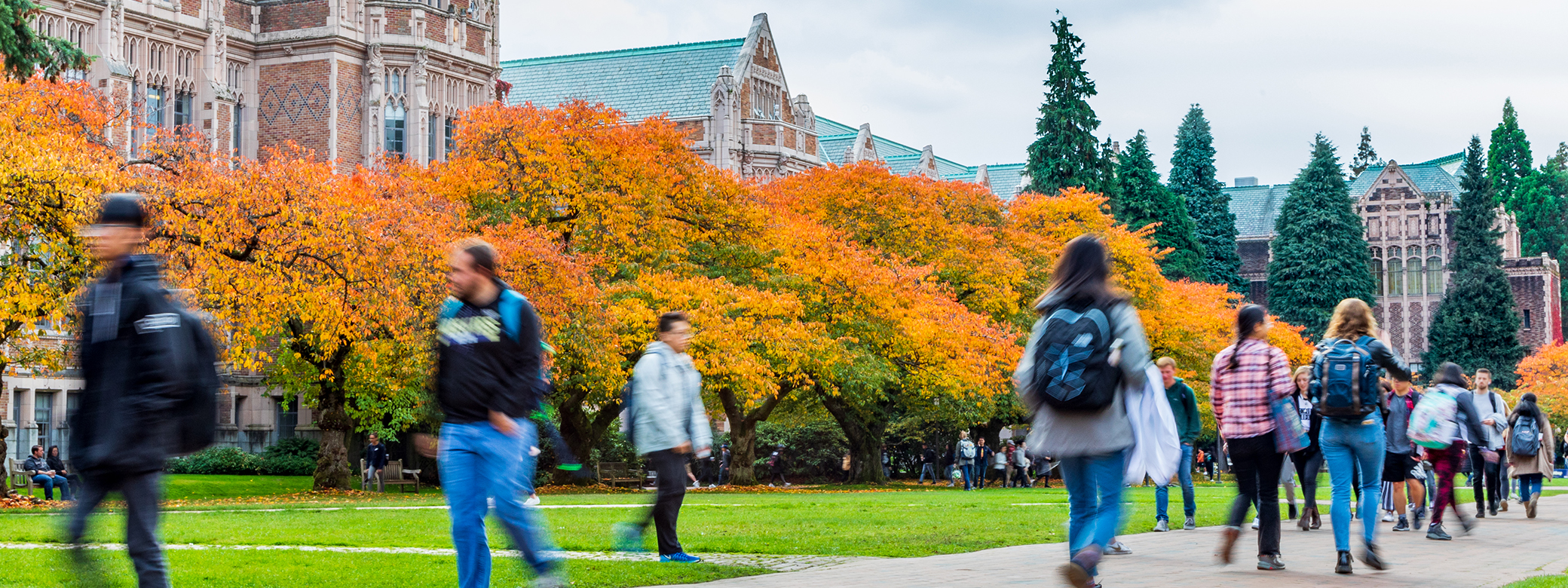-

Q&A: UW chemistry professors explain MOFs, the materials behind the 2025 Nobel Prize in Chemistry
The Royal Swedish Academy of Sciences on Oct. 8 awarded the Nobel Prize in Chemistry to Susumu Kitagawa, Richard Robson and Omar M. Yaghi "for the development of metal-organic frameworks," or MOFs. Both Dianne Xiao, a UW associate professor of chemistry, and Douglas Reed, a UW assistant professor of chemistry, use MOFs in their research at the UW. UW News reached out to them to learn more about the significance of these structures and how researchers use them.
10/10/2025 | UW News -
Pacific spiny lumpsuckers thrive in the Puget Sound
The Pacific spiny lumpsucker is a clumsy, surprisingly charming fish. At first glance, one might assume this fish, usually only a few inches long, has a hard time in the wild. Its not the fastest or the strongest creature in Puget Sound, but its developed tools that help it navigate the murky depths of the ocean. Karly Cohen, a postdoctoral researcher at the UW Friday Harbor Labs, is quoted.
10/10/2025 | KNKX -
Seattle scientist Mary Brunkow wins Nobel Prize for groundbreaking immune system research
Mary Brunkow, a Seattle scientist who earned a bachelors degree in molecular and cellular biology from the UW, is one of three scientists awarded this years Nobel Prize in Physiology or Medicine.
10/09/2025 | KOMO -
Opinion: What this mayoral election owes 'Black Seattle'
"These are not abstract debates. They cut to the marrow of how we live in a city where the Black share of the population has dwindled, where rising housing costs shove families south to Tukwila and Federal Way, where wealth gaps mean our elders have fewer cushions and our kids fewer chances. Representation matters, yes. But what does it mean when symbolic victories don't lead to material change?" writes columnist Marcus Harrison Green. LaShawnDa Pittman, associate professor of American ethnic studies at the UW, is quoted.
10/09/2025 | South Seattle Emerald -
Opinion: Reframing the narrative on physics readiness
"Alternative undergraduate physics courses expand access to students and address socioeconomic barriers that prevent many of them from entering physics and engineering fields," write Suzanne White Brahmia, associate professor of physics at the UW, and Geraldine L. Cochran.
10/09/2025 | Physics Today -
How Oct. 7 transformed Israeli politics
Tuesday marked two years since Hamas and several other Palestinian militant groups carried out multiple coordinated attacks in Israel - killing over a thousand people. Around 250 Israelis were taken hostage.Liora Halperin, professor of history and international studies at the UW, is interviewed.
10/08/2025 | KUOW -
She didnt believe she won the Nobel until a photographer showed up at her Seattle door
On Monday morning, Mary Brunkow was among three scientists who won the Nobel Prize in medicine for discoveries about how the immune system knows not to attack the body. Brunkow is a Seattle scientist who earned a bachelors degree in molecular and cellular biology from the UW.
10/08/2025 | The Seattle Times -

Much-loved UW collaborator John Clarke wins the Nobel Prize in Physics
The Royal Swedish Academy of Sciences on Tuesday awarded the 2025 Nobel Prize in Physics jointly to John Clarke, Michel H. Devoret and John M. Martinis, for the discovery of macroscopic quantum mechanical tunneling and energy quantization in an electric circuit. Clarke, a professor emeritus of physics at the University of California, Berkeley, collaborates with the Axion Dark Matter Experiment at the University of Washington.
10/08/2025 | UW News -
Halloween debate: Are Asian horror films scarier?
Are Asian horror films scarier than their American counterparts? What makes them so chilling? And which ones should you check out this year and every year? Ungsan Kim, assistant professor of Asian cinema at the UW, is quoted.
10/07/2025 | Northwest Asian Weekly -

The Curious Journey of Chinese Characters
Several Asian countries adapted the Chinese writing system—the oldest writing system still in use—for their own languages. In a new book, Professor Zev Handel shares how that happened.
October 2025 Perspectives
